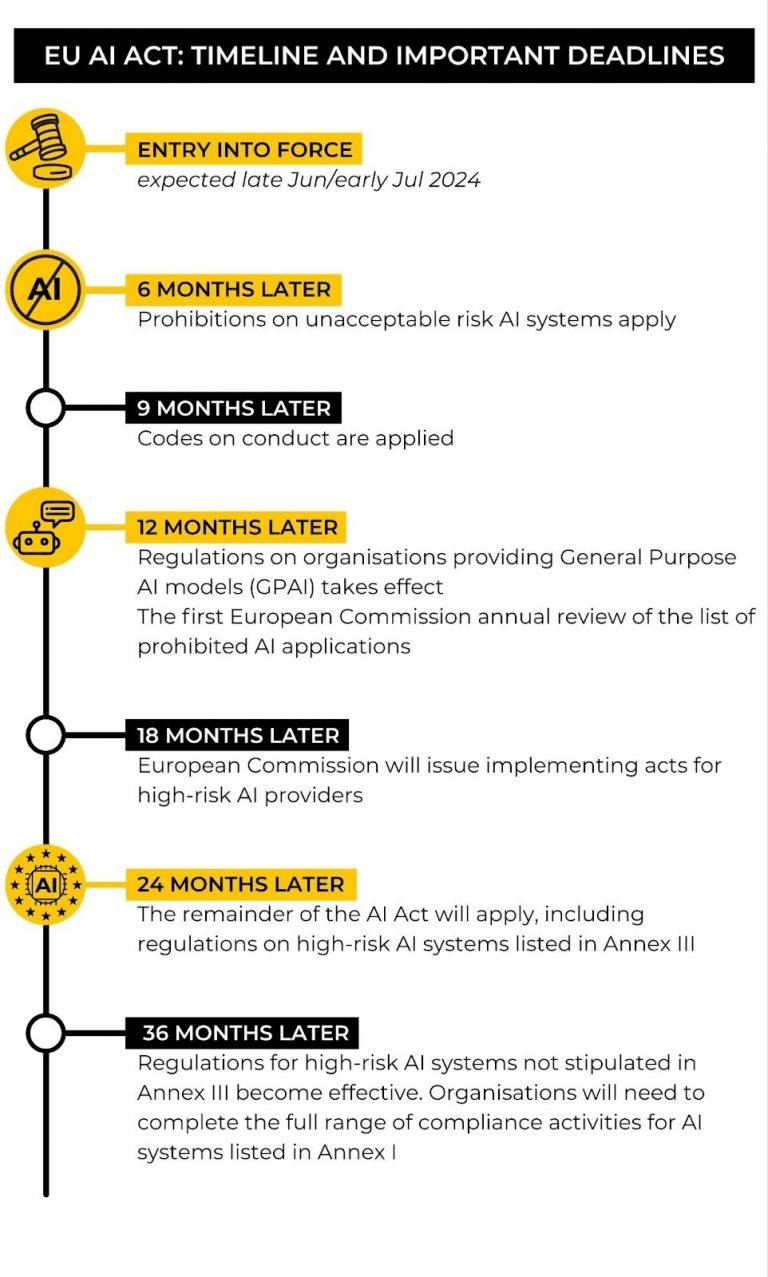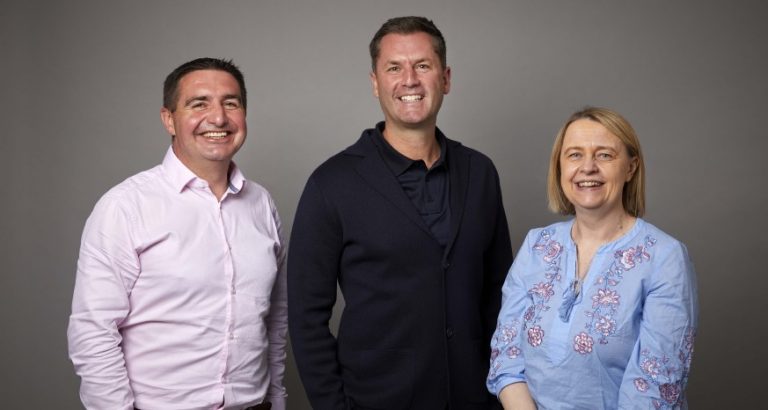An introduction to the AI Act: what you need to know
Games Workshop to invest in new manufacturing facility
Dan to lead BHP’s new commercial finance service
Northamptonshire logistics firm falls into administration
Banner Jones advises on sale of Peak Sensors Holdings
Warehouse investor sells Chesterfield site for £46m
Simon Hope, Warehouse REIT, said: “Rebuilding dividend coverage is our key priority, and by reducing our debt and our finance costs, the sale of these single-let assets is an important milestone in that respect.
“At the same time, we continue to reshape our portfolio to focus on the highly attractive multi-let subsector of UK real estate, which plays to our strengths and is where we can drive income and capital growth over the long term.”
Forum to help budding entrepreneurs succeed in business
Frasers Group to enhance retail operations with multi-year partnership with THG
Shirebrook-based Frasers Group and THG have entered a multi-year partnership that they say will “mutually enhance retail operations at both groups.”
The partnership includes the integration of customer credit and loyalty proposition, Frasers Plus into THG’s Ingenuity platform, benefiting customers across THG retail sites. This marks the first Frasers Plus partnership with an external partner.
Frasers Group will also benefit from THG’s courier management services to drive the efficiency and performance of Frasers’ Australian fulfilment and logistics operations, supporting the Group’s international expansion.
Frasers Group will also be acquiring THG’s luxury brand portfolio including Coggles, strengthening its Premium and Luxury portfolio, alongside FLANNELS.
Michael Murray, CEO, Frasers Group, said: “Today we are pleased to announce a new strategic partnership with THG, which includes launching our consumer credit and loyalty proposition, Frasers Plus across the THG Ingenuity platform.
“This is an exciting step towards our Frasers Plus ambitions as we look to expand its offering across additional third-party platforms. We are looking forward to working with the THG team and unlocking further benefits for both businesses.”
Matthew Moulding, CEO of THG, said: “We are delighted to be partnering with Frasers Group across a broad range of initiatives, in particular bringing Frasers Plus to consumers shopping with Ingenuity clients, as well as to our own retail sites including Lookfantastic, Cult Beauty and Myprotein.
“Our luxury brand portfolio including Coggles has grown from a standing start eleven years ago, and we are eager to watch it develop further as an Ingenuity client. The success of Coggles has only been possible through the hard work and dedication of THG’s luxury team, to whom we all want to extend our thanks and gratitude.”












